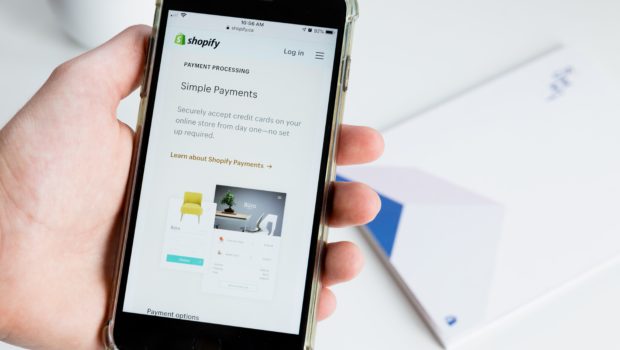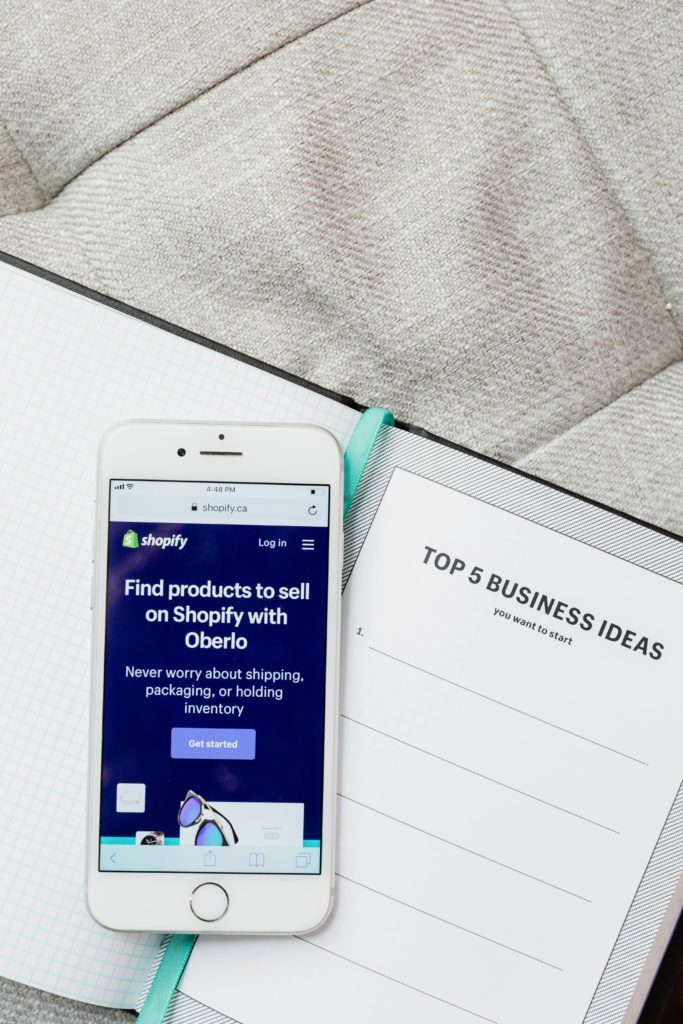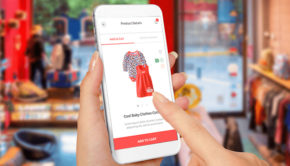How To Build A B2B Business on Shopify
The global market for merchandise is growing, and the trend is estimated to continue, specifically when it comes to selling online. Recently, businesses moved online for selling their products and services to customers overseas, making a global move instead of local moves to every national market separately. According to the data provided by Statista, the investment in merchandise sales makes sense because the global B2B eCommerce gross merchandise volume has doubled in five years.
Moreover, B2B operates larger volumes of merchandise compared to B2C, and this makes the B2B eCommerce six times bigger compared to B2C eCommerce. Interestingly, the Asia-Pacific market is the first in B2B, holding 80% of the B2B eCommerce sales. Probably, the reason is that the manufacturing facilities for various merchandise are located mostly in the area of Asia and South Asia, and this makes contracting Asian manufacturers even more commercially viable.
However, to contact the Asian manufacturers, there is a need to be able to actually reach out to them. Of course, the best way is to meet manufacturers in person, but today there is a chance to minimize travel expenses by contracting Asian manufacturers online. At this point, running an online business is a great help, and the Shopify platform is a great tool to build the business online, especially when it comes to a B2B business model.
As of today, Shopify provides an eCommerce platform for over 800,000 business owners around the world, and many of them are international B2B companies. The major reason for these businesses to choose Shopify development is that it is a great tool for scaling your B2B business. While it is not easy nor it is quick to manage the inventory and sales in bulk, Shopify offers great tools to improve the process. Shopify Plus offers hundreds of different tools for effective management of bulk sales, which allows for the smooth business process and automation of routine processes. Thus, with Shopify, B2B businesses are able to speed up their orders, ease up management, and automate mundane tasks to focus on business development.
Volume Pricing
The first benefit of the Shopify platform for B2B businesses is the feature of setting bulk prices. Practically, B2B customers expect to get bulk pricing because they purchase a large number of items. Usually, offering a volume discount allows B2B to attract bulk customers, often retailers that buy the products with bulk prices and then sell these products to consumers as B2C. With the bulk pricing and offered discounts, there is a chance to engage more customers and increase the average size of the order.
With Shopify, setting bulk pricing is easy. To do this, go to Admin >> Properties. In this menu, create a custom option, such as “quantity”, and add details and determinants to this option. It is a static method of setting prices, but it works well for the products. However, the setup might be complicated if you have too many products and\or tiers, and conditions for pricing. To avoid these complexities, you need to install an app that allows handling quantity discounts and tiered pricing easier. Thus, with Shopify, you get extended opportunities to set up bulk prices and set up discounts. Moreover, you will have options of setting a percentage off the price for bulk buyers or specifying the fixed price for the fixed number of products without duplicating prices.
Use different payment options
Today, the majority of buyers with B2B companies do not use cards to pay for their purchases. Instead, customers choose alternative payment methods, such as cash on delivery, paying via eWallet, and using other payment systems. Shopify allows doing all that, offering a wide range of payment services to choose from. Every other Shopify B2B buyer uses alternative payment options, which makes Shopify a well-suited platform for doing business. At the minimum, Shopify offers the options of paying via bank deposit, Apple Pay, Google Pay, Amazon Pay, PayPal, Bitcoin, and more.
Localized eCommerce Websites
As of today, the growth of B2B eCommerce is estimated to plateau in the US, but in the rest of the world, eCommerce is continuing to rise, especially when it comes to B2B companies that sell the products manufactured in China. Thus, selling digitally is a timely decision to boost your business. With the Shopify platform, you are going to have much more opportunities to sell online to countries all over the globe.
The only thing to take care of is to create local versions of your online store for your customers in different countries. For example, there is a need to provide localization and translation for the local online stores, with the opportunities to do all of that with a few clicks in Shopify. With the Shopify platform, there is a feature of creating unlimited storefronts that target customers with different languages, currencies, and seasonal trends that are culturally appropriate and appreciated. Moreover, Shopify offers a feature of calculating exchange prices and tax calculations for B2C buyers. The last ones are available for 70,000 jurisdictions, which additionally attracts B2C buyers from all over the world.
Customer Support
Today, customers are expecting businesses to provide 24/7 continuous support that is achievable with the feature of the live chat. Thus, the live chat is aimed to deal with customers’ complaints and process customer feedback. When it comes to the Shopify platform, the option of the live chat goes built-in, and you can install a live chat and communicate with your customers at any time. For extended features and opportunities, install Tawk.to or Tidio, which are the apps for a live chat powered by Shopify and intended for the increased features for business owners. All the specifics and details are documented in the FAQ section. With Shopify apps, you can easily connect Telegram, WeChat, Line, Snapchat, Viber, WhatsApp, or Facebook. Such integrations are going to bring more customers to the business because people appreciate being heard and listened to.
Order Fulfillment
Last but not least, you need to think about order fulfillment, specifically your delivery options. While Shopify offers its own Shopify fulfillment services, more and more merchants find it more sustainable to run self-delivery using Shopify apps for delivery. Consider your resources and see if you can fulfill orders in-house for maximum accountability and customer satisfaction.
Conclusion
All of this makes Shopify a perfect platform for handling a B2B business online. With Shopify, you will find it easy to go digital, boost your performance, and manage your pricing and inventory. Shopify platform is easy to use, easy to manage, and easy to include advanced features with Shopify apps.
Photo by Roberto Cortese on Unsplash


















